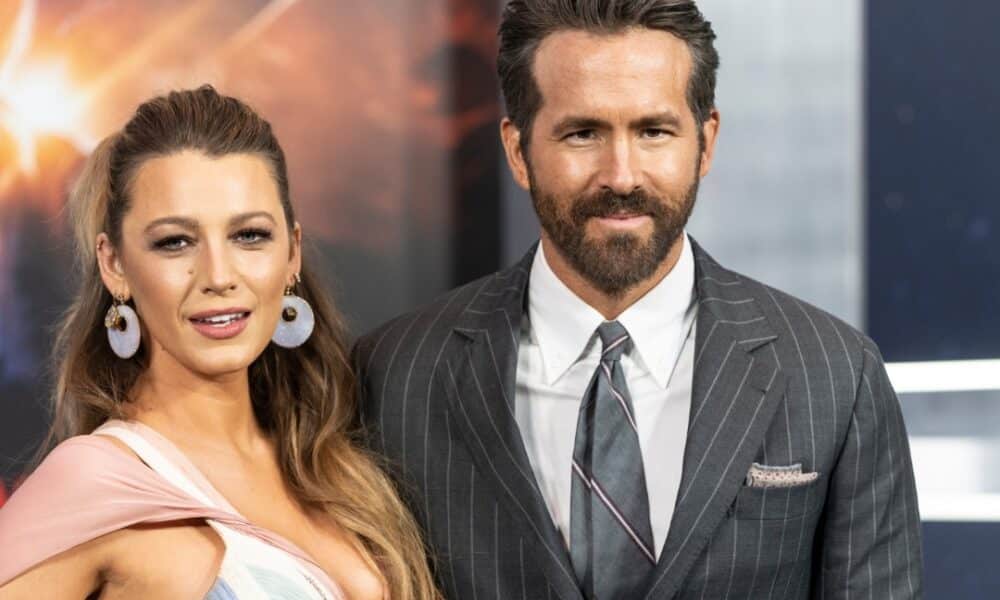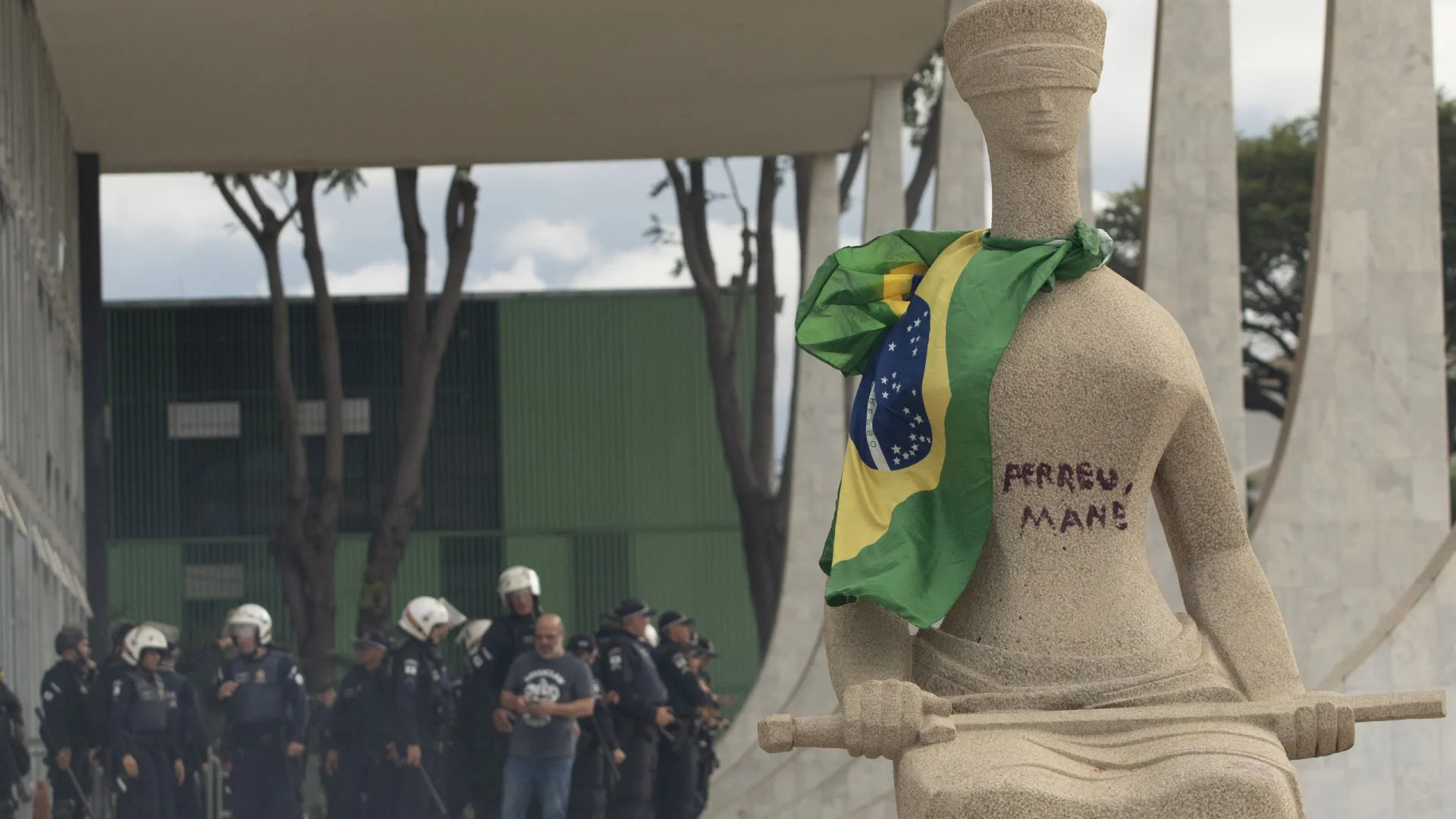
The legal battle between Justin Baldoni, Blake Lively, and Ryan Reynolds took a new turn on June 9, 2025, when federal judge Lewis J. Liman in New York dismissed Baldoni’s $400 million lawsuit against the actress, her husband, and publicist Leslie Sloane. The lawsuit, which also included a separate $250 million claim against The New York Times, accused Lively of defamation and extortion, alleging she fabricated sexual harassment claims to seize creative control of the film “It Ends With Us.” Lively’s legal team hailed the ruling as a “total victory,” while Baldoni has until June 23 to amend certain claims. The case, exposing tensions behind the scenes in Hollywood, is set for trial in March 2026.
The conflict began during the production of the film, an adaptation of Colleen Hoover’s novel, released in August 2024. Lively, who starred and served as an executive producer, accused Baldoni, the director and co-star, of creating a hostile work environment. Their lack of joint appearances during the film’s promotion fueled speculation of a rift.
- Lively’s allegations: The actress claims Baldoni engaged in sexual harassment, including unconsented improvised intimacy scenes.
- Baldoni’s response: He denies the accusations, asserting Lively manipulated the narrative to damage his reputation.
- Third-party involvement: The lawsuit also drew in names like Taylor Swift, cited as an influencer in set decisions.
The dismissal marks a pivotal moment in the dispute, but the legal battle promises further developments.
Origins of the on-set conflict
The adaptation of “It Ends With Us” was an ambitious project, bringing together Baldoni, who secured the book’s rights through his Wayfarer Studios, and Lively, one of Hollywood’s biggest stars. The film, centered on a story of domestic violence, gained significant attention, but tensions between the leads emerged during production.
In December 2024, Lively filed a complaint with the California Civil Rights Department, detailing instances of inappropriate behavior by Baldoni. She alleged he discussed personal matters on set and pressured her into uncomfortable scenes. The complaint was accompanied by a New York Times report revealing text messages between Baldoni and his PR team, suggesting a campaign to discredit Lively on social media.
Baldoni countered, claiming Lively and Reynolds orchestrated the accusations to dominate the project. He alleged the couple used their influence to push for creative changes, such as scene alterations and casting decisions.
Social media fallout
The absence of joint photos or interviews during the film’s promotion sparked immediate rumors. Fans noted that while Lively emphasized female empowerment and the film’s aesthetic, Baldoni focused on the gravity of domestic violence. This contrast fueled criticism of the actress, particularly after old videos resurfaced, portraying her as arrogant.
- Criticism of Lively: Her promotion of a haircare line during the film’s campaign was seen as insensitive by some fans.
- Support for Baldoni: His public stance, tied to his “Man Enough” podcast, earned praise for addressing toxic masculinity.
- Shifting narrative: After Lively’s complaint, some public support shifted to her, though skepticism persisted.
Social media became a battleground, with hashtags related to the film and those involved garnering millions of views.
Taylor Swift’s involvement in the dispute
One of the case’s most surprising elements was the mention of Taylor Swift, a longtime friend of Lively and Reynolds. In May 2025, Baldoni attempted to subpoena the singer, claiming she influenced film decisions, including the casting of Isabela Ferrer, who plays a younger version of Lively’s character. Swift’s song “My Tears Ricochet” was featured in the soundtrack, and text messages showed she was present during discussions about the film.
Swift’s team denied any involvement beyond licensing the song, calling the subpoena a publicity stunt. After pressure from Lively’s team, Baldoni dropped the subpoena on May 22, but not without criticism.
The attempt to involve Swift was seen as a risky move, given her influence in the entertainment industry. Withdrawing the subpoena avoided a larger conflict but didn’t erase the headlines linking her to the case.
Connections to “Deadpool & Wolverine”
Another point of contention was Baldoni’s claim that Reynolds used “Deadpool & Wolverine,” released in 2024, to mock him. In the film, the character Nicepool, played by Reynolds, exhibits traits Baldoni interpreted as a caricature of himself, such as wearing a man bun and making feminist remarks. Nicepool is violently killed by Ladypool, voiced by Lively, which Baldoni saw as a direct jab.
Lively and Reynolds’ team did not directly address the claims, but the inclusion of “Gordon Reynolds” in the “It Ends With Us” credits was viewed as a possible ironic reference. This detail intensified speculation about the rivalry.
Lively’s public statements
In 2025, Lively began addressing the case indirectly. At the Time100 Gala in April, she spoke about using her voice for just causes without naming Baldoni. In May, on “Late Night With Seth Meyers,” she gave an emotional speech about the challenges women face in reporting harassment, emphasizing fear as a silencing tool.
Her remarks garnered support from colleagues, like the cast of “Sisterhood of the Traveling Pants” and director Paul Feig, but also reignited social media debates. Lively’s decision to drop her emotional distress claim on June 2 was seen by some as a strategic move to focus on other allegations, such as harassment and retaliation.
Court ruling and next steps
The dismissal of Baldoni’s lawsuit by Judge Liman was a significant blow to the director. The judge ruled that the statements in question were protected by legal privilege or lacked sufficient grounds for defamation. The option to amend claims by June 23 keeps the dispute alive, but the ruling strengthened Lively’s position.
Lively’s attorneys, Esra Hudson and Mike Gottlieb, called Baldoni’s lawsuit an intimidation tactic and announced plans to seek punitive damages and legal fees. Baldoni’s team, meanwhile, insists that Lively’s withdrawal of the emotional distress claim signals weakness.
Production behind the scenes
The production of “It Ends With Us” was marked by creative decisions that sparked friction. Lively, as an executive producer, wielded significant influence, but Baldoni, as director and rights holder, also sought control. Casting, final edits, and the soundtrack were points of contention, according to court documents.
The challenge of sensitively addressing domestic violence was a hurdle for the team, and Lively and Baldoni’s differing visions for communicating this message to audiences contributed to their falling out.
Hollywood’s reaction
The case sparked discussions in Hollywood about harassment on sets and power dynamics in major productions. Lively’s complaint was viewed by some as a vital step in exposing inappropriate behavior, while others questioned the allegations’ validity, citing the case’s complexity.
Baldoni’s Wayfarer Studios faces scrutiny over its handling of internal investigations into Lively’s claims. The actress’s team alleges the studio failed to conduct a thorough probe, enabling the alleged defamation campaign against her.
Timeline of key events
- August 2024: “It Ends With Us” premieres, and rumors of a rift emerge.
- December 2024: Lively files a harassment complaint against Baldoni.
- January 2025: Baldoni files a $400 million lawsuit against Lively and Reynolds.
- May 2025: Attempt to subpoena Taylor Swift is dropped.
- June 2025: Judge dismisses Baldoni’s lawsuit, with a deadline to amend claims.
The trial set for March 2026 will be decisive in resolving this dispute, which continues to draw global attention.






